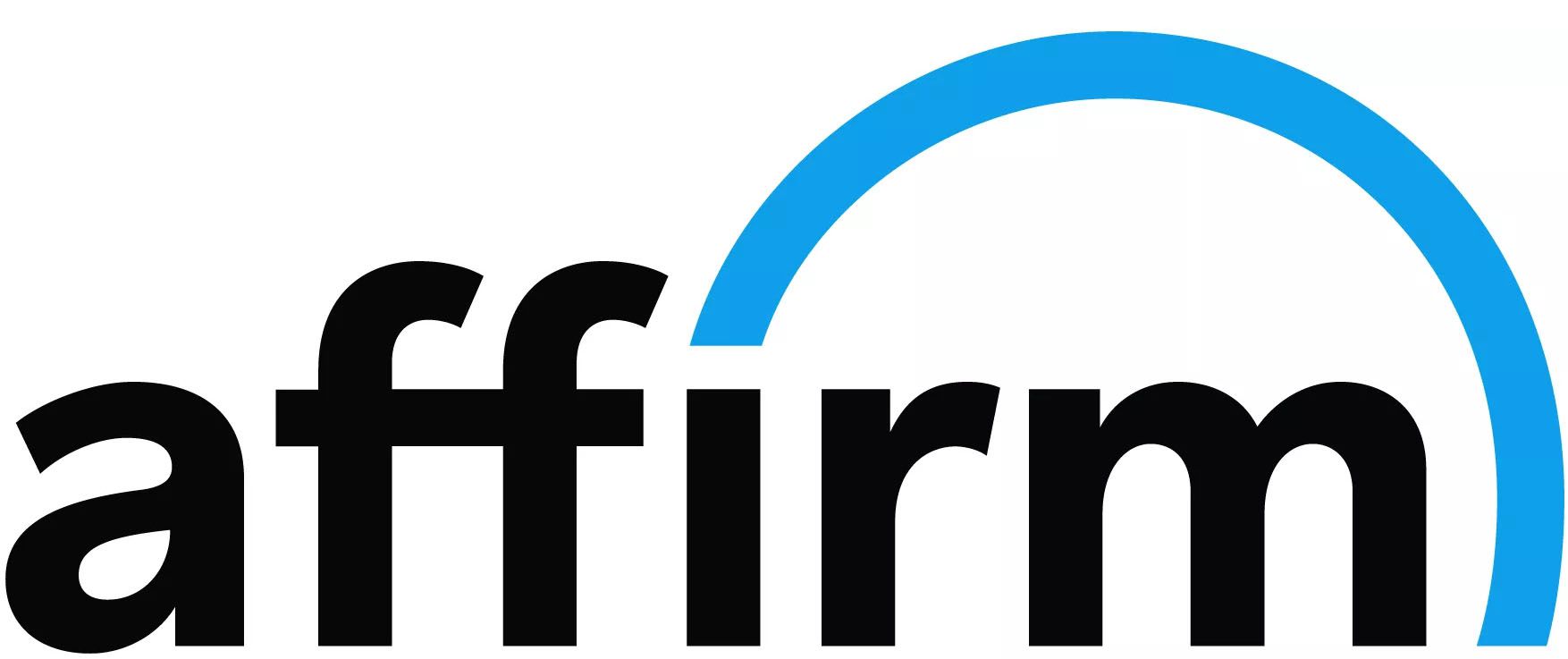

Finance
Which Credit Bureau Does PNC Bank Use
Published: March 4, 2024
PNC Bank uses multiple credit bureaus to assess your financial standing. Learn about the credit bureaus used by PNC Bank and how they impact your finances.
(Many of the links in this article redirect to a specific reviewed product. Your purchase of these products through affiliate links helps to generate commission for LiveWell, at no extra cost. Learn more)
Table of Contents
Introduction
Understanding the Role of Credit Bureaus
Credit bureaus play a pivotal role in the financial world, influencing various aspects of our lives, from securing a loan to renting an apartment. These agencies collect and maintain financial information about individuals, providing it to lenders, landlords, and other entities upon request. The data they compile includes credit history, payment records, outstanding debts, and public records such as bankruptcies or tax liens. This information forms the basis for credit reports, which are crucial in determining an individual’s creditworthiness.
There are three major credit bureaus in the United States: Equifax, Experian, and TransUnion. Each bureau operates independently, gathering data from different sources such as banks, credit card companies, and collection agencies. While the information they collect may overlap, discrepancies can exist due to variations in reporting practices or the timing of updates. Therefore, it’s essential for consumers to regularly review their credit reports from all three bureaus to ensure accuracy.
Understanding the significance of credit bureaus and the information they provide is fundamental to navigating the financial landscape. With this knowledge, individuals can take proactive steps to maintain healthy credit profiles and address any discrepancies that may arise.
Understanding Credit Bureaus
Credit bureaus, also known as credit reporting agencies, are organizations that collect and maintain financial data about individuals and businesses. This information is used to generate credit reports and calculate credit scores, which are crucial factors in determining an individual’s creditworthiness. The three major credit bureaus in the United States are Equifax, Experian, and TransUnion.
These agencies gather data from a variety of sources, including banks, credit card companies, collection agencies, and public records. They compile this information into comprehensive credit reports, which detail an individual’s credit history, outstanding debts, payment records, and public records such as bankruptcies or tax liens. Lenders, landlords, employers, and other entities use these reports to assess an individual’s financial reliability and make informed decisions regarding loans, leases, or employment.
One of the key functions of credit bureaus is to calculate credit scores based on the information in credit reports. These scores, such as the FICO score and VantageScore, provide a numerical representation of an individual’s creditworthiness. Higher credit scores indicate lower credit risk, making it easier for individuals to qualify for loans and secure favorable interest rates.
It’s important for consumers to understand the role of credit bureaus and the impact of their credit reports and scores. Regularly monitoring credit reports from all three bureaus can help individuals identify errors or fraudulent activity, allowing them to take corrective action and safeguard their financial reputation. Additionally, maintaining responsible financial habits, such as making timely payments and keeping credit card balances low, can positively influence credit reports and scores.
PNC Bank and Credit Bureaus
As a prominent financial institution, PNC Bank interacts with credit bureaus as part of its lending and financial services operations. When customers apply for credit cards, loans, or mortgages, PNC Bank relies on credit reports and scores provided by the major credit bureaus to assess their creditworthiness. These reports offer valuable insights into an individual’s financial history, including their payment behavior, outstanding debts, and overall credit management.
PNC Bank utilizes the information from credit bureaus to make informed decisions regarding loan approvals, interest rates, and credit limits. By analyzing credit reports and scores, the bank can evaluate the level of risk associated with extending credit to a particular individual. This process helps PNC Bank maintain responsible lending practices while offering competitive financial products to qualified applicants.
Furthermore, credit bureaus play a crucial role in PNC Bank’s risk management and fraud prevention strategies. The data provided by these agencies enables the bank to identify potential red flags, such as unusual credit activity or discrepancies in an applicant’s financial history. This proactive approach helps PNC Bank mitigate risks and protect its customers from fraudulent activities.
For existing PNC Bank customers, credit bureaus continue to influence their financial interactions with the bank. Changes in credit scores or reports may impact the terms of existing loans or credit lines, prompting the bank to adjust interest rates or credit limits accordingly. Additionally, individuals seeking to open new accounts or access additional financial services from PNC Bank may undergo credit checks, which involve the review of credit reports and scores obtained from the major credit bureaus.
Overall, the relationship between PNC Bank and credit bureaus underscores the significance of creditworthiness in the financial landscape. By leveraging the information provided by these agencies, PNC Bank can make well-informed decisions that align with its commitment to responsible lending and customer protection.
How PNC Bank Uses Credit Bureaus
PNC Bank leverages the data and insights provided by credit bureaus in various ways to make informed decisions regarding lending, risk management, and customer interactions. The utilization of credit reports and scores obtained from the major credit bureaus is integral to the bank’s operations and customer relationships.
When individuals apply for credit cards, personal loans, auto loans, or mortgages at PNC Bank, the institution relies on credit reports and scores to assess the creditworthiness of the applicants. These reports offer a comprehensive overview of an individual’s financial history, including their payment behavior, outstanding debts, and credit utilization. By scrutinizing this information, PNC Bank can evaluate the level of risk associated with extending credit to a particular applicant and make decisions regarding loan approvals, interest rates, and credit limits.
Furthermore, credit bureaus play a crucial role in PNC Bank’s risk management and fraud prevention efforts. The data provided by these agencies enables the bank to identify potential red flags, such as unusual credit activity or discrepancies in an applicant’s financial history. This proactive approach helps PNC Bank mitigate risks and safeguard its customers from fraudulent activities, reinforcing the bank’s commitment to security and customer protection.
For existing PNC Bank customers, credit bureaus continue to influence their financial interactions with the bank. Changes in credit scores or reports may impact the terms of existing loans or credit lines, prompting the bank to adjust interest rates or credit limits accordingly. Additionally, individuals seeking to open new accounts or access additional financial services from PNC Bank may undergo credit checks, which involve the review of credit reports and scores obtained from the major credit bureaus.
Overall, the utilization of credit bureaus by PNC Bank underscores the significance of creditworthiness in the financial landscape. By leveraging the information provided by these agencies, PNC Bank can make well-informed decisions that align with its commitment to responsible lending and customer protection, fostering trust and transparency in its interactions with customers.
Conclusion
In conclusion, the relationship between PNC Bank and credit bureaus is integral to the bank’s lending practices, risk management, and customer interactions. By leveraging the data and insights provided by major credit bureaus such as Equifax, Experian, and TransUnion, PNC Bank can make well-informed decisions that align with its commitment to responsible lending and customer protection.
Credit reports and scores obtained from these bureaus play a pivotal role in assessing the creditworthiness of individuals applying for various financial products, including credit cards, personal loans, auto loans, and mortgages. The comprehensive financial history and payment behavior detailed in these reports enable PNC Bank to evaluate the level of risk associated with extending credit to applicants, leading to informed decisions regarding loan approvals, interest rates, and credit limits.
Moreover, credit bureaus contribute to PNC Bank’s risk management and fraud prevention strategies by providing valuable data that helps identify potential red flags and discrepancies in applicants’ financial histories. This proactive approach enables the bank to mitigate risks and protect its customers from fraudulent activities, reinforcing the institution’s dedication to security and customer well-being.
For existing PNC Bank customers, credit bureaus continue to influence their financial interactions with the bank. Changes in credit scores or reports may impact the terms of existing loans or credit lines, prompting the bank to adjust interest rates or credit limits accordingly. Additionally, individuals seeking to open new accounts or access additional financial services from PNC Bank may undergo credit checks, further emphasizing the ongoing significance of credit bureaus in the customer-bank relationship.
Overall, the utilization of credit bureaus by PNC Bank underscores the vital role of creditworthiness in the financial landscape. By leveraging the information provided by these agencies, PNC Bank can uphold its commitment to responsible lending and customer protection, fostering trust and transparency in its interactions with customers.
As consumers, understanding the relationship between financial institutions like PNC Bank and credit bureaus empowers individuals to be proactive in managing their credit profiles and financial well-being. Regularly monitoring credit reports and scores, maintaining responsible financial habits, and addressing any discrepancies can contribute to a positive credit experience and enhance financial opportunities.














